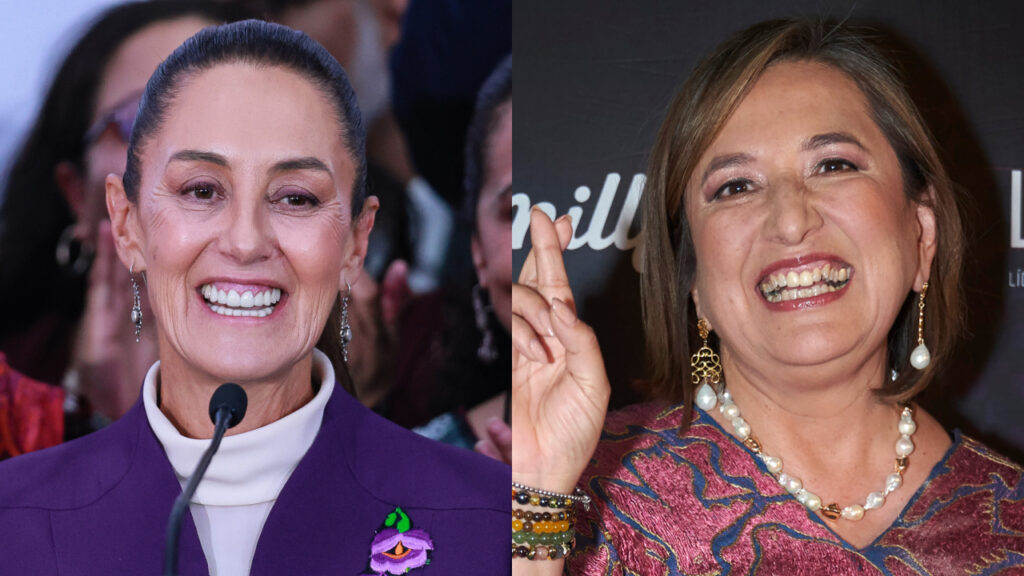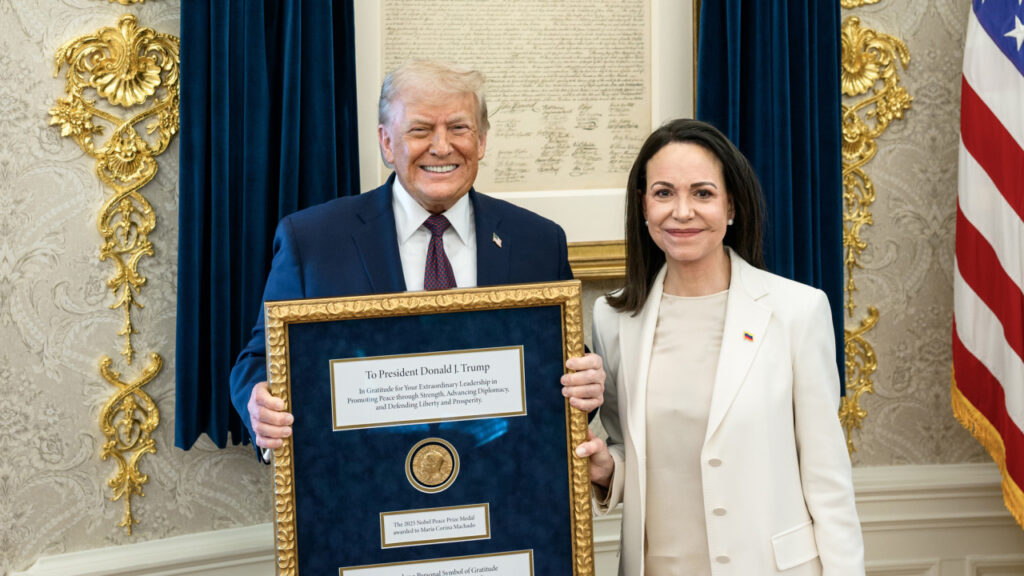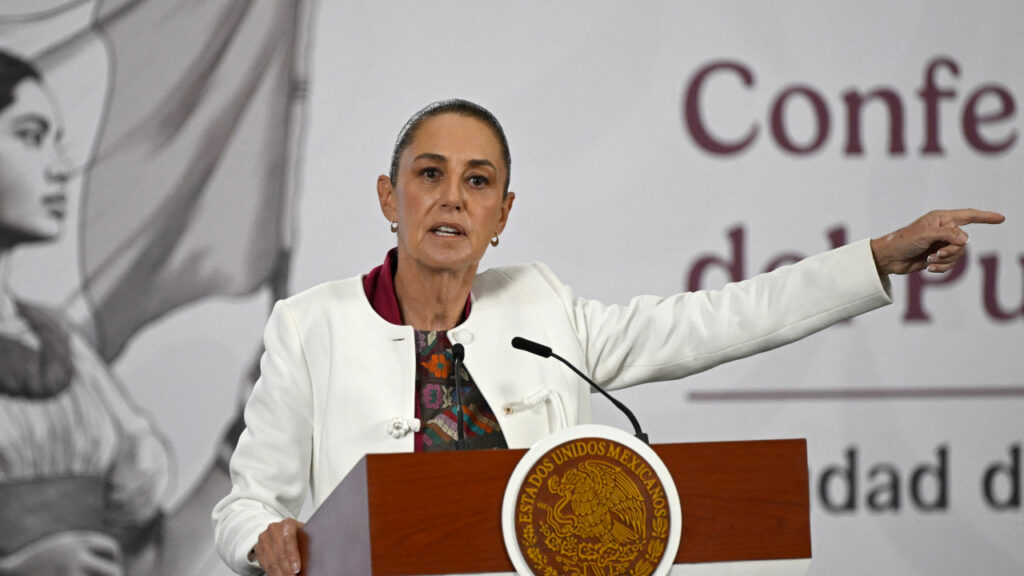
Madam President? Mexico’s Election Could Mark a Revolutionary Change
We know that politics is not transparent. But this Sunday’s elections in Mexico will definitely mark a historic milestone. Not only could the Central American country elect its first female president, but it could also choose her from among two women leading the polls.
For a nation tainted by gender violence and cartel violence, having a woman at the helm is unprecedented. Even more so when it comes to the biggest elections in the country’s history, with more than 20,000 seats up for grabs in Congress and local governments, as reported by the National Electoral Institute.
Mexico is ready to say ‘Madam President’
Mexicans will be able to choose between three candidates on Sunday. Claudia Sheinbaum of the ruling coalition Sigamos Haciendo Historia leads the polls. Following closely behind is Xóchitl Gálvez of the opposition Fuerza y Corazón por México alliance. The third candidate, who figures much lower in the polls, is Jorge Álvarez Máynez of Movimiento Ciudadano.
Sheinbaum, 61, is a physicist and environmental engineer recognized for her scientific research. Her campaign includes promoting energy efficiency and sustainability policies. In 2007, she was one of the winners of the Nobel Peace Prize for her work on the UN Intergovernmental Panel on Climate Change. Similarly, between 2018 and 2023, she was the first female mayor of Mexico City.
For her part, Gálvez, also 61 years old, is a computer engineer and entrepreneur. According to the BBC, the candidate, who is of indigenous origin, grew up in poverty. After graduating from university, thanks to a scholarship, Galvez launched lucrative technology companies before entering politics in 2000. That year, President Vicente Fox appointed her to head the National Commission for the Development of Indigenous Peoples. She served as a senator from 2018 to 2023.
Will these women be able to change Mexico’s politics?
Sheinbaum’s campaign proposes continuing the current government’s humanist economic model. She proposes continuing social programs to decrease the poverty rate and increase the minimum wage. Concerning cartel violence, Sheinbaum rejects the “iron fist” and favors the strategy of peacebuilding, even though violence has increased by almost 300% in recent years.
Similarly, Sheinbaum proposes the creation of specialized prosecutors for the defense of women. She proposes to reform the law so that violent deaths are investigated in all cases as femicides. If elected, Sheinbaum wants medical care free during pregnancy and the first thousand days of babies’ lives. Likewise, she is in favor of the legal interruption of pregnancy.
Gálvez also proposes to maintain social programs. He will condone taxes to those who earn less than $800 per month, and wants to make the state oil company more efficient. Gálvez intends to make an integral reform to the justice system to prevent gender violence and impunity. Finally, she disagrees with “criminalizing” a woman who has had an abortion.
Will a woman president be able to stop the violence in Mexico? Moreover, how will this historic moment affect the relationship with the United States?
The June 2 general election in Mexico coincides with the U.S. presidential election. Knowing the turbulence north of the border, the woman taking the helm in Mexico will have a great responsibility.
Economically, Mexico is the United States’ largest trading partner. Relocation of supply chains and political crises will determine much of what happens in the coming years.
On the other hand, Sheinbaum and Galvez have yet to propose a solution to the migration crisis. They both have focused on campaigning with voters on the other side of the border.
But perhaps the most critical question is: will Mexico’s future female president finally be able to dismantle gender violence in Latin America’s most machista country? Will they be able to prove that a woman can do it better?




